Researching Specific Dog Breeds: A Comprehensive Guide
When it comes to choosing a dog breed, there are many factors to consider. From your lifestyle and living situation to your personal preferences, finding the right breed for you can be a daunting task. In this comprehensive guide, we will explore the process of researching specific dog breeds and provide key takeaways to help you make an informed decision.
Key Takeaways
- Consider your lifestyle and living situation when choosing a dog breed.
- Research different dog breeds to find one that matches your needs and preferences.
- Evaluate your personal preferences in terms of temperament, size, and energy level.
- Think about the size and energy level of the dog breed you are considering.
- Understand the temperament, exercise needs, grooming requirements, and potential health issues of specific dog breeds.
Choosing the Right Dog Breed for You

Consider Your Lifestyle and Living Situation
When choosing a dog breed, it’s important to consider our lifestyle and living situation. We need to think about how much time and energy we can dedicate to our furry friend. Are we active and outdoorsy, or do we prefer relaxing at home? Do we live in a spacious house with a backyard, or do we reside in a cozy apartment? These factors will help us determine the size and energy level of the dog breed that suits us best.
To make the right decision, we can evaluate our daily routine. If we have a busy schedule, a dog breed that requires high exercise needs might not be the best fit. On the other hand, if we have plenty of time and energy to spare, we might enjoy the company of a more active breed. It’s all about finding a balance that matches our lifestyle and ensures a happy and healthy life for both us and our furry companion.
In summary, when considering our lifestyle and living situation, we should take into account our activity level, living space, and daily routine. By doing so, we can find a dog breed that fits perfectly into our lives and brings us joy and companionship.
Research Different Dog Breeds
When it comes to researching different dog breeds, there are a few key factors to consider. First and foremost, you’ll want to think about the size and energy level that best fits your lifestyle. Are you looking for a small, low-energy dog that is content with short walks and cuddling on the couch? Or do you prefer a larger, more active breed that can keep up with your outdoor adventures?
Next, it’s important to consider the temperament and personality traits of different breeds. Some dogs are known for being friendly and outgoing, while others may be more reserved or protective. Think about what kind of personality you are looking for in a furry companion.
Another important aspect to research is the exercise and activity requirements of different breeds. Some dogs need a lot of exercise and mental stimulation to thrive, while others are more laid-back and require less physical activity.
Lastly, don’t forget to consider the grooming and maintenance needs of different breeds. Some dogs have long, flowing coats that require regular brushing and grooming, while others have short, low-maintenance coats.
Taking the time to research and understand the different dog breeds will help you make an informed decision and find the perfect furry friend for your family.
Evaluate Your Personal Preferences
When it comes to choosing the right dog breed for us, it’s important to take into account our personal preferences. Each person has their own unique preferences and it’s essential to find a breed that aligns with our lifestyle and interests. Here are a few factors to consider:
- Activity Level: Are we an active person who enjoys outdoor activities and exercise? Or do we prefer a more laid-back lifestyle?
- Allergies: If we have allergies, it’s important to research breeds that are hypoallergenic or have minimal shedding.
- Size: Do we prefer a small, medium, or large-sized dog? We should consider the space we have available in our home.
- Temperament: Are we looking for a dog that is friendly and outgoing, or one that is more independent and reserved?
- Training: How much time and effort are we willing to invest in training our dog?
It’s important to remember that our personal preferences may evolve over time, so it’s essential to choose a breed that can adapt to our changing needs and lifestyle.
Think About the Size and Energy Level
When considering the size and energy level of a dog breed, it’s important to find a match that fits our lifestyle. Size plays a significant role in the space requirements and overall care needed for a dog. Some breeds are small and can comfortably live in apartments, while others are larger and need more room to roam. Energy level is another crucial factor to consider. If we lead an active lifestyle and enjoy outdoor activities, a high-energy breed may be a great fit. On the other hand, if we prefer a more relaxed and laid-back lifestyle, a low-energy breed may be more suitable.
Understanding the Characteristics of Dog Breeds

Temperament and Personality Traits
When it comes to understanding the temperament and personality traits of different dog breeds, it’s important to consider their unique characteristics. Each breed has its own set of qualities that make them special and suitable for specific lifestyles. Some breeds are known for their friendly and outgoing nature, while others may be more reserved or protective. Understanding these traits can help you find a dog that will fit well with your family and lifestyle.
One way to gain insights into a breed’s temperament is through clinical experiences. Veterinarians and dog behaviorists often have valuable knowledge and observations about different breeds. They can provide information about a breed’s typical behavior, energy level, and compatibility with children or other pets. Listening to their expertise can give you a better understanding of what to expect from a particular breed.
To further understand a breed’s personality traits, it can be helpful to interact with dogs of that breed. Spending time with them can give you a sense of their energy level, trainability, and socialization needs. Observing their behavior and interacting with them can help you determine if their personality aligns with what you’re looking for in a dog.
Exercise and Activity Requirements
When it comes to exercise and activity requirements, it’s important to consider the specific needs of each dog breed. Some breeds are highly energetic and require a lot of exercise to stay happy and healthy, while others may be more laid-back and content with a moderate amount of activity.
Regular exercise is essential for a dog’s physical and mental well-being. It helps to prevent obesity, promotes cardiovascular health, and stimulates their minds. Daily walks, playtime, and interactive toys are great ways to keep your dog active and engaged.
In addition to regular exercise, some breeds may have specific activity requirements. For example, working breeds like Border Collies and Australian Shepherds thrive on mental stimulation and may enjoy activities like agility training or herding trials. On the other hand, brachycephalic breeds like Bulldogs may have difficulty with intense exercise due to their shortened airways.
It’s important to find a balance between exercise and rest. While it’s essential to meet your dog’s activity needs, it’s also crucial to provide them with enough downtime to relax and recharge. Over-exercising can lead to fatigue, injuries, and behavioral issues.
Remember, each dog is unique, and their exercise requirements may vary. Consult with your veterinarian to determine the appropriate amount and type of exercise for your specific dog breed.
Grooming and Maintenance Needs
When it comes to grooming and maintenance needs, different dog breeds have varying requirements. Some breeds have long, flowing coats that require regular brushing and grooming to prevent matting and tangling. On the other hand, short-haired breeds may only need occasional brushing to remove loose hair. It’s important to consider the time and effort you’re willing to invest in grooming your dog.
In addition to brushing, regular bathing is essential to keep your dog’s coat clean and healthy. The frequency of bathing depends on the breed and their activities. Nail trimming is another important aspect of grooming. Long nails can be uncomfortable for dogs and may cause issues with walking or running. It’s recommended to trim your dog’s nails regularly to keep them at a comfortable length.
To ensure your dog’s overall well-being, regular dental care is also crucial. Brushing your dog’s teeth regularly can help prevent dental problems such as plaque buildup and gum disease. Additionally, ear cleaning is important to prevent ear infections, especially for breeds with floppy ears.
Remember, each breed has its own unique grooming and maintenance needs. It’s important to research and understand the specific requirements of the breed you choose to ensure you can provide the necessary care and attention.
Health and Potential Medical Issues
When considering the health and potential medical issues of specific dog breeds, it’s important to be aware of certain factors. Cornell University is a reputable source for information on dog health. They provide valuable insights into common health problems that certain breeds may be prone to. It’s essential to research and understand these potential issues before bringing a dog into your home. By being proactive and knowledgeable, you can take the necessary steps to ensure the well-being of your furry friend.
Popular Dog Breeds and Their Unique Qualities

Labrador Retriever: The Friendly and Energetic Companion
Labrador Retrievers are known for their friendly and energetic nature. They are a popular choice for families and individuals looking for a loyal and playful companion. These dogs have a strong desire to please their owners and are highly trainable. However, it is important to be aware of potential health risks that are associated with this breed.
German Shepherd: The Intelligent and Loyal Protector
When it comes to German Shepherds, we can’t help but be amazed by their intelligence and loyalty. These dogs are known for their exceptional ability to learn and understand commands, making them highly trainable. Whether you’re looking for a companion or a working dog, the German Shepherd is an excellent choice. They are not only intelligent but also fiercely loyal, always ready to protect their loved ones. With their strong protective instincts, they make great guard dogs and are often used in law enforcement and search and rescue operations.
Golden Retriever: The Affectionate and Gentle Family Dog
When it comes to finding the perfect family dog, the Golden Retriever is a top choice. Affectionate and gentle, these dogs are known for their friendly and loving nature. They are great with children and make excellent companions for families of all sizes. Golden Retrievers are also highly intelligent and easy to train, making them a popular choice for families who want a dog that can learn and follow commands easily.
French Bulldog: The Adorable and Playful Apartment Pet
French Bulldogs are a popular choice for apartment living due to their small size and playful nature. They are known for their adorable appearance and friendly personality. These dogs make great companions and are often referred to as man’s best friend. Despite their small stature, French Bulldogs are energetic and require regular exercise to keep them healthy and happy. They enjoy short walks and interactive playtime. It’s important to provide them with mental stimulation as well, such as puzzle toys or training sessions. French Bulldogs are generally low-maintenance when it comes to grooming, but they do have specific health needs that should be monitored. Regular vet check-ups and a balanced diet are essential for their well-being.
Special Considerations for Specific Dog Breeds

Brachycephalic Breeds and Their Breathing Difficulties
Brachycephalic dog breeds, such as Bulldogs and Pugs, have unique facial structures that can lead to breathing difficulties. These breeds have short noses, flattened faces, and narrow airways, which can make it harder for them to breathe properly. Grooming requirements for brachycephalic breeds are also important to consider. Their facial folds and wrinkles require regular cleaning and maintenance to prevent skin infections. Additionally, their short coats may need occasional brushing to keep them clean and free from matting.
Herding Breeds and Their Need for Mental Stimulation
When it comes to herding breeds, mental stimulation is key. These intelligent and active dogs have a natural instinct to herd and work, so it’s important to provide them with plenty of opportunities to use their brains. Without proper mental stimulation, herding breeds can become bored and restless, which can lead to destructive behavior. One way to keep them engaged is through interactive toys and puzzles that challenge their problem-solving skills. Another option is to enroll them in obedience or agility classes, where they can learn new commands and tasks. Additionally, herding breeds thrive on having a job to do, so giving them tasks such as fetching the newspaper or carrying a backpack can help satisfy their need for mental stimulation.
Giant Breeds and Their Unique Care Requirements
When it comes to giant breeds, we understand that their care requirements can be quite different from smaller dogs. Giant breeds such as Great Danes and Saint Bernards have specific needs that we need to address. One important aspect is their diet. These dogs require a special diet that is formulated to support their growth and prevent joint issues. It’s crucial to consult with a veterinarian or breed expert to ensure that you are providing the right nutrition for your giant breed.
In addition to their diet, exercise is another key factor in caring for giant breeds. While they may not require as much exercise as smaller breeds, it’s still important to provide them with regular physical activity to keep them healthy and prevent obesity. Low-impact exercises such as swimming or short walks are ideal for these gentle giants.
Giant breeds also have unique grooming needs. Their large size means that they may require more frequent brushing and bathing. It’s important to keep their coats clean and free of mats to prevent skin issues. Regular grooming sessions also provide an opportunity to check for any signs of health problems such as skin infections or parasites.
When it comes to training, giant breeds can be a bit challenging due to their size and strength. It’s important to start training them from a young age and use positive reinforcement techniques. Consistency and patience are key when working with these big dogs. Professional training or enrolling in obedience classes can also be beneficial.
Lastly, it’s important to provide a comfortable living space for your giant breed. They need a spacious and secure area where they can move around freely. Investing in a sturdy and comfortable bed is also essential to support their joints and prevent discomfort. By understanding and addressing these unique care requirements, we can ensure that our giant breeds live happy and healthy lives.
Toy Breeds and Their Fragile Health
When it comes to toy breeds, their health needs special attention. These small and delicate dogs are prone to a variety of health issues. Regular veterinary check-ups are essential to ensure their well-being. Genetic predispositions can make them more susceptible to certain conditions, so it’s important to be aware of potential risks. Proper nutrition is crucial for maintaining their overall health. Exercise should be gentle and low-impact to avoid injury. It’s also important to provide them with a safe and comfortable environment to prevent accidents.
Finding a Reputable Dog Breeder or Rescue Organization

Researching and Visiting Dog Breeders
When it comes to researching and visiting dog breeders, there are a few important things to keep in mind. First and foremost, it’s crucial to do your homework and gather as much information as possible about the breeder you are considering. This includes checking their reputation, reading reviews, and asking for references from previous customers.
Once you have narrowed down your options, it’s time to visit the breeders in person. This is an opportunity to see the living conditions of the dogs, meet the breeder, and ask any questions you may have. During your visit, pay attention to the cleanliness of the facility, the temperament of the dogs, and how the breeder interacts with them.
Here are a few tips to help you make the most of your visit:
- Take note of the breeder’s knowledge and expertise. A good breeder should be able to provide you with detailed information about the breed, including its history, temperament, and any potential health issues.
- Observe the dogs’ behavior. Are they well-socialized, friendly, and healthy? A reputable breeder will prioritize the well-being and socialization of their dogs.
- Ask about health clearances. Responsible breeders will conduct health screenings and provide documentation to ensure that their dogs are free from genetic diseases.
Remember, finding a reputable dog breeder is essential to ensure that you are getting a healthy and well-cared-for puppy. By doing your research and visiting breeders, you can make an informed decision and find the perfect furry companion for your family.
Adopting from Rescue Organizations
When it comes to adopting from rescue organizations, there are a few things we should keep in mind. First and foremost, rescue organizations play a vital role in finding loving homes for dogs in need. By adopting from a rescue organization, we are not only giving a deserving dog a second chance at life, but we are also supporting the important work these organizations do.
One of the advantages of adopting from a rescue organization is that the dogs are often already spayed or neutered and have received basic medical care. This means that we can skip the initial expenses and focus on providing a loving home for our new furry friend.
Another benefit of adopting from a rescue organization is the wide variety of dog breeds available. Whether we are looking for a specific breed or are open to any breed, there is a good chance we will find our perfect match at a rescue organization. From small and cuddly to big and playful, there is a dog for every preference.
It’s important to note that the adoption process may involve an application, home visit, and adoption fee. These measures are in place to ensure that the dog is going to a suitable and caring home. So, be prepared to go through these steps and provide the necessary information.
In conclusion, adopting from rescue organizations is a wonderful way to bring a new furry family member into our lives. Not only do we give a dog a second chance, but we also experience the joy and unconditional love that comes with having a four-legged companion.
Asking the Right Questions
When looking for a dog breeder or rescue organization, it’s important for us to ask the right questions. These questions can help us gather important information and make an informed decision. Here are some key questions we should consider:
- What is the breeder or organization’s experience and reputation?
- Can we visit the facility and meet the dogs?
- Are the dogs well-socialized and healthy?
- What is the breeder or organization’s adoption process?
Tip: It’s a good idea to have a list of questions prepared before contacting the breeder or organization. This way, we can ensure we cover all the important aspects and make the best choice for our future furry friend.
Checking for Health Certifications
When looking for a dog breeder or rescue organization, it’s crucial to check for health certifications. These certifications ensure that the dogs have been screened for any potential health issues and are in good overall health. It’s important to ask the breeder or organization about the health certifications they have for their dogs. This information will give you peace of mind knowing that you are getting a healthy and well-cared-for dog.
In Conclusion
Researching specific dog breeds can be an exciting and rewarding journey. By considering your lifestyle, preferences, and the unique qualities of different breeds, you can find the perfect furry companion. Whether you’re looking for a friendly and energetic Labrador Retriever, an intelligent and loyal German Shepherd, an affectionate and gentle Golden Retriever, or an adorable and playful French Bulldog, there’s a breed out there that will suit your needs. Just remember to take special considerations into account, such as the breathing difficulties of brachycephalic breeds or the mental stimulation needs of herding breeds. When finding a dog, whether from a reputable breeder or a rescue organization, make sure to ask the right questions and check for health certifications. So go ahead, embark on your dog breed research adventure, and find the perfect furry friend to bring joy and companionship into your life!
Frequently Asked Questions
What factors should I consider when choosing a dog breed?
When choosing a dog breed, you should consider your lifestyle and living situation, research different dog breeds, evaluate your personal preferences, and think about the size and energy level that would be suitable for you.
What are the important characteristics to understand about dog breeds?
It is important to understand the temperament and personality traits, exercise and activity requirements, grooming and maintenance needs, and potential health issues of different dog breeds.
What are some popular dog breeds and their unique qualities?
Some popular dog breeds and their unique qualities include Labrador Retriever (friendly and energetic companion), German Shepherd (intelligent and loyal protector), Golden Retriever (affectionate and gentle family dog), and French Bulldog (adorable and playful apartment pet).
Are there any special considerations for specific dog breeds?
Yes, there are special considerations for specific dog breeds. For example, brachycephalic breeds may have breathing difficulties, herding breeds require mental stimulation, giant breeds have unique care requirements, and toy breeds may have fragile health.
How can I find a reputable dog breeder or rescue organization?
To find a reputable dog breeder or rescue organization, you can research and visit dog breeders, consider adopting from rescue organizations, ask the right questions, and check for health certifications.
What should I ask when adopting a dog from a rescue organization?
When adopting a dog from a rescue organization, you should ask about the dog’s background, behavior, health history, and any specific requirements or considerations for the breed or individual dog.

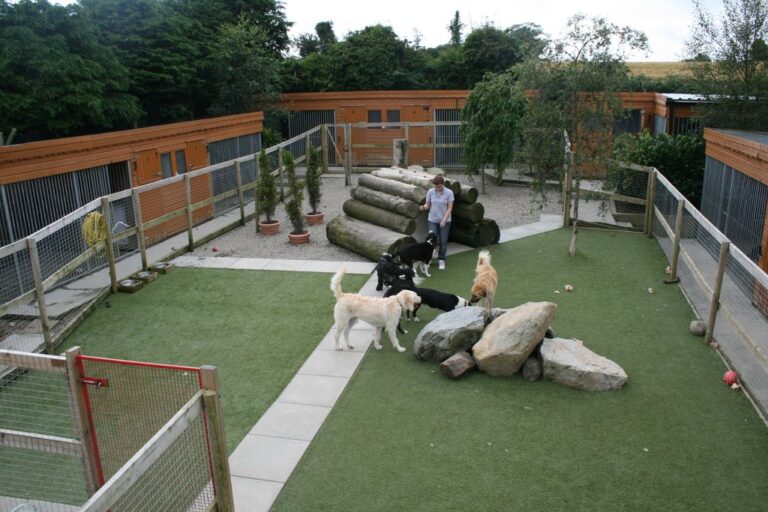
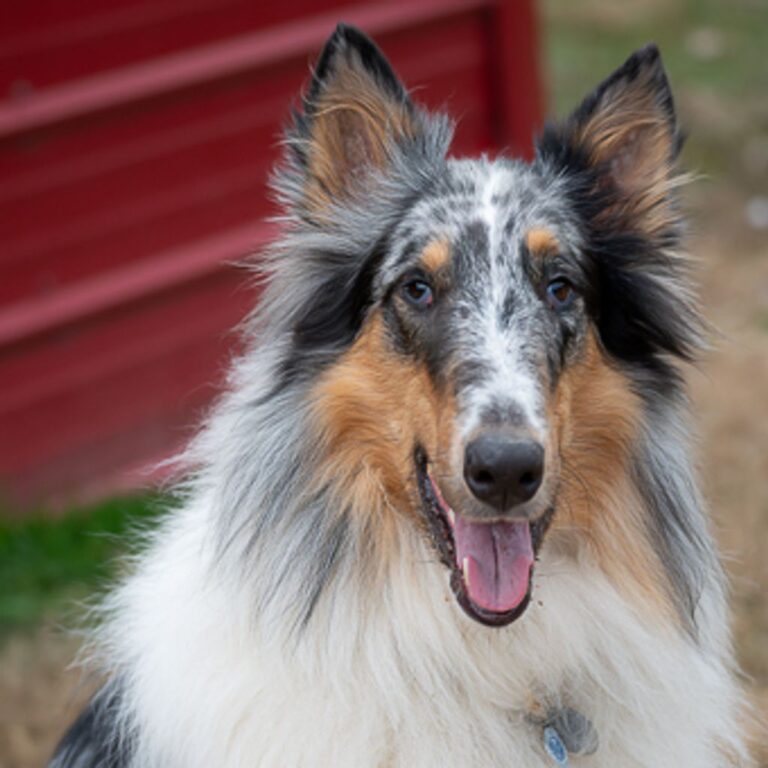
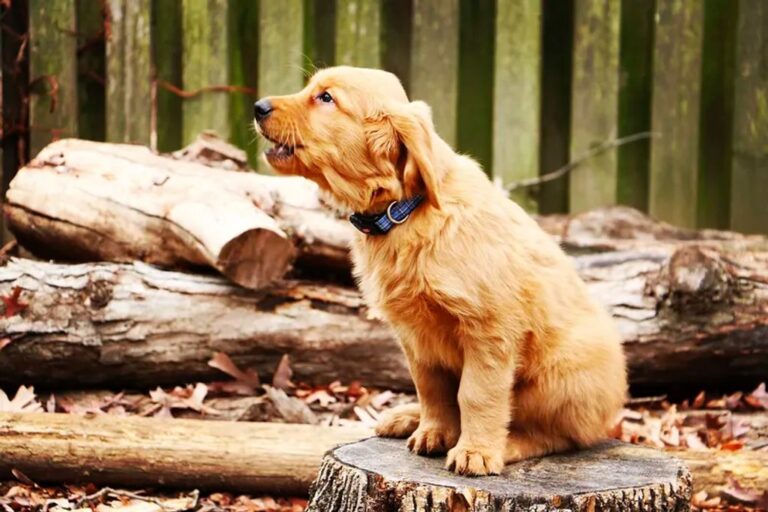

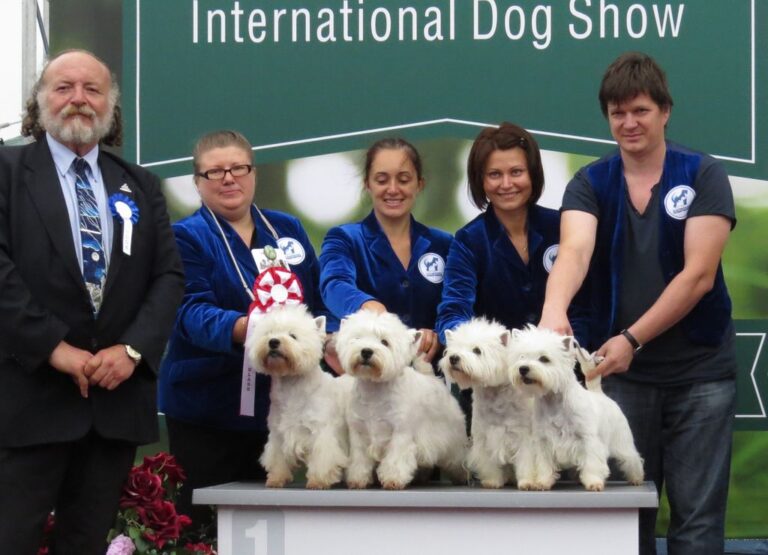
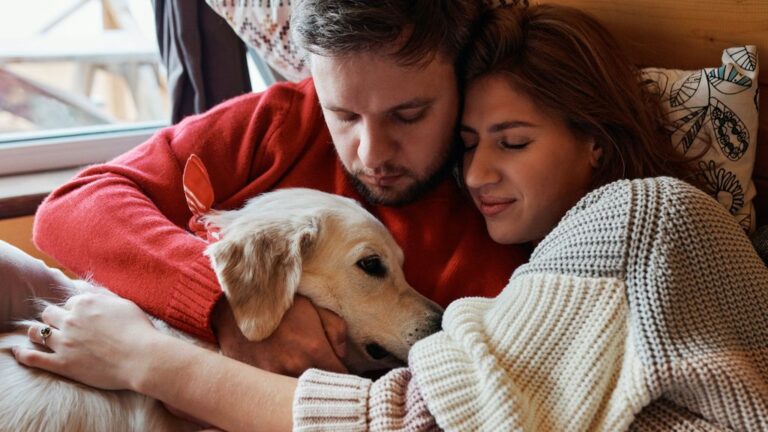
3 Comments